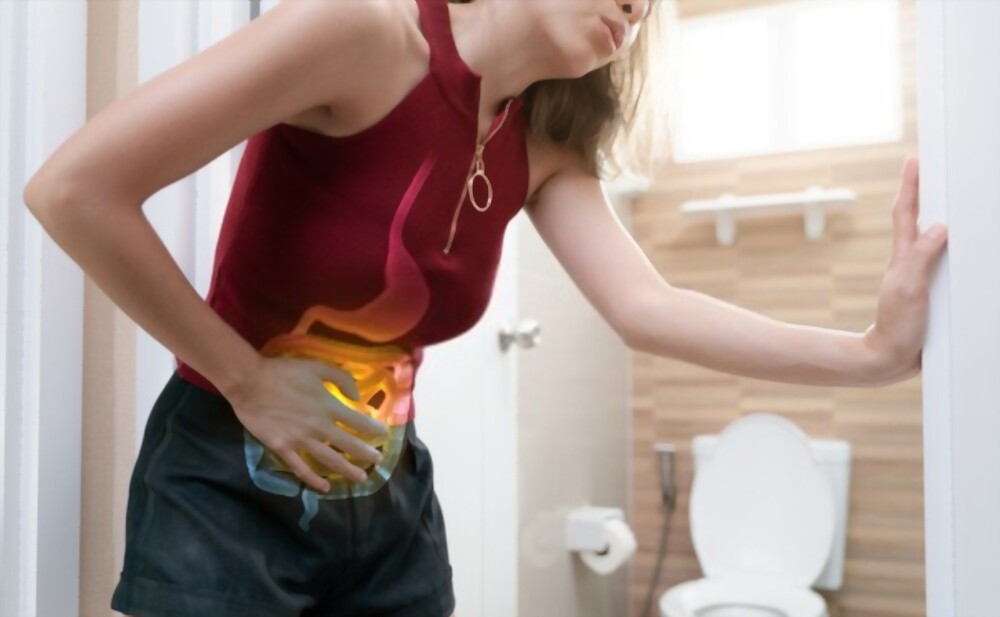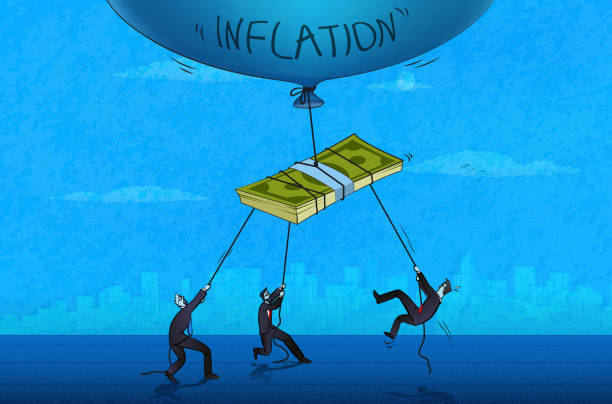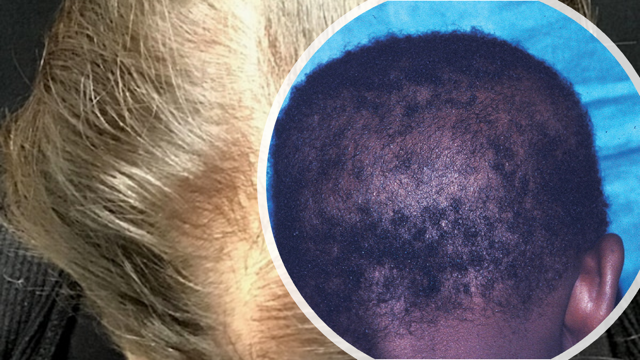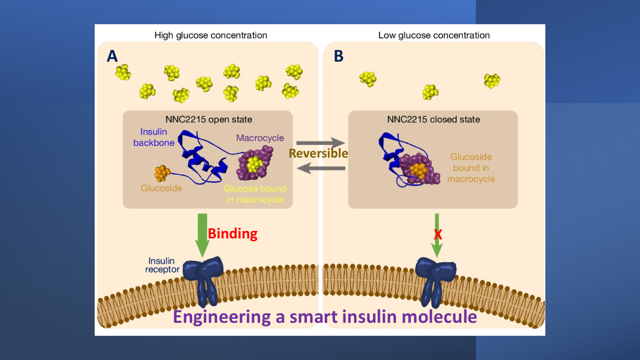CONSTIPATION is one of the most common digestive problems. Being constipated means your bowel movements are tough. Almost everyone goes through this at some point. Stool passes through the colon too slowly. The slower the food moves through the digestive tract, the more water the colon will absorb and the harder the faeces will become. Each person’s bowel habits are different but, regardless, if you eat well, you should pass stool within three days. Anything beyond this is constipation. You are classified as constipated if you experience the following:
1. Your stools are dry and hard.
2. Your bowel movement is painful and stools are difficult to pass.
3. You have a feeling that you have not fully emptied your bowels.
Join our WhatsApp Channel
Constipation happens because of two factors:
1. Slow movement of stool leading to increased fluid absorption from the stool making it solid.
2. Pelvic floor dysfunction: Weakened muscles of the pelvic floor which affects pushing out of the stool.
READ:6 Health Warning Signs You Should Take Seriously
How constipation happens
As food normally moves through the digestive tract, nutrients are absorbed. The partially digested food (waste) that remains moves from the small intestine to the large intestine and then to the colon where it absorbs water from this waste, which creates a solid matter called stool. If you have constipation, food may move too slowly through the digestive tract becomimg dry, hard and diffcult to push out.
READ:Quick Life-saving Test For Stroke
Chronic Constipation
Regardless of your bowel pattern, one fact is certain: the longer you hold your stool, the more difficult it becomes for stool to pass. But there are also certain situations that are more likely to lead to chronic constipation:
1.The Elderly: Older people tend to be less active, have a slower metabolism and less muscle contraction strength
2. Being a woman, especially while you are pregnant and after childbirth, because the baby inside the womb squishes the intestines, slowing down the passage of stool.
3. Not eating enough high-fibre foods. High-fibre foods keep food moving through the digestive system.
4. Taking certain medications like antacids, antidepressants.
5. Having certain neurological (diseases of the brain and spinal cord) and digestive disorders (see causes).
Complications
Chronic constipation may also cause people to strain excessively in order to have a bowel movement giving rise to.
1. Hemmoriods: Swollen, inflamed veins in your rectum
2. Anal fissure: Tears in the lining of your anus from hardened stool trying to pass through
3. Rectal bleeding
4. Fecal impaction: A pile-up of too much stool/poop in the rectum and anus
READ: 5 Easy At-home Techniques To Get Rid Of Bad Breath
What to do
1. Drink enough water, up to three litres a day
2. Eat fibres, fruits and whole-grain
3. Do have abdominal massages
4. Exercises: Get moving to help stool movement
5. Check how you sit on the toilet. Raising your feet, leaning back or squatting may make having a bowel movement easier
6. If needed, take a very mild over-the-counter stool softener or laxative.
Constipation happens most often due to changes in diet or routine, or due to inadequate intake of fiber. You should call your doctor if you have severe pain, blood in your stools, or constipation that lasts longer than three weeks.
Thank you for reading
Dr kelly















Follow Us